Insights & Key Findings
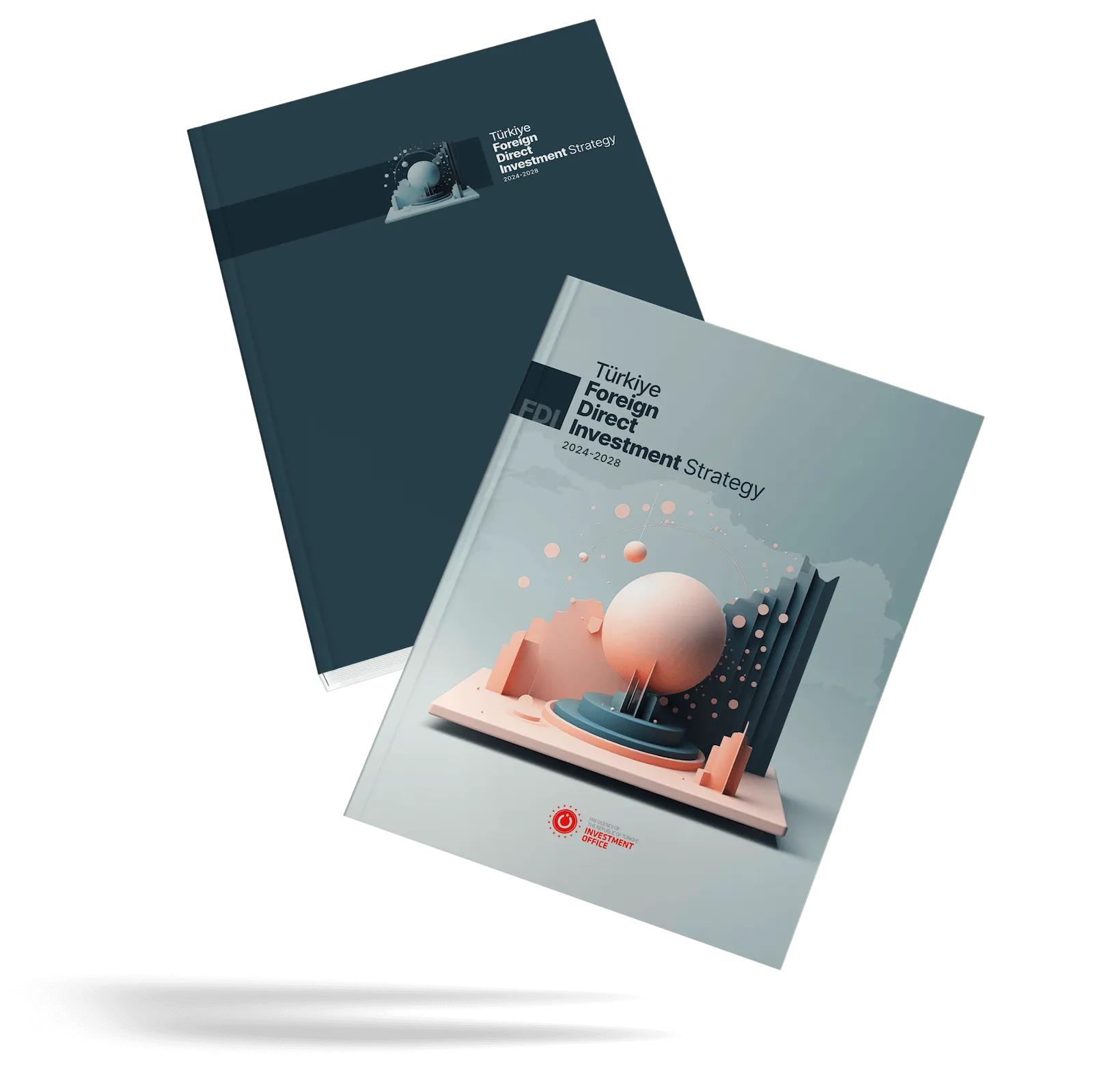
Global FDI Outlook and Key Trends
Global FDI Inflows
Shifting Dynamics in Global FDI: Post-Crisis Plateau, Pandemic Impact, and Rise of Developing Countries
Global FDI inflows have remained stagnant since the 2008 financial crisis, with notable fluctuations in recent years. The COVID-19 pandemic caused a sharp decline in 2020, followed by a surge in 2021 driven by M&A transactions. However, this rebound was short-lived, as rising inflation and geopolitical tensions have recently contributed to a renewed downward trend. The pandemic also reshaped global supply chains, spurring increased investments in green and digital sectors. On the other hand, since 2018, developing countries have consistently outpaced developed nations in attracting FDI, a trend that has continued since 2020.
Share of Developed and Developing Countries in Global FDI Inflows (%)
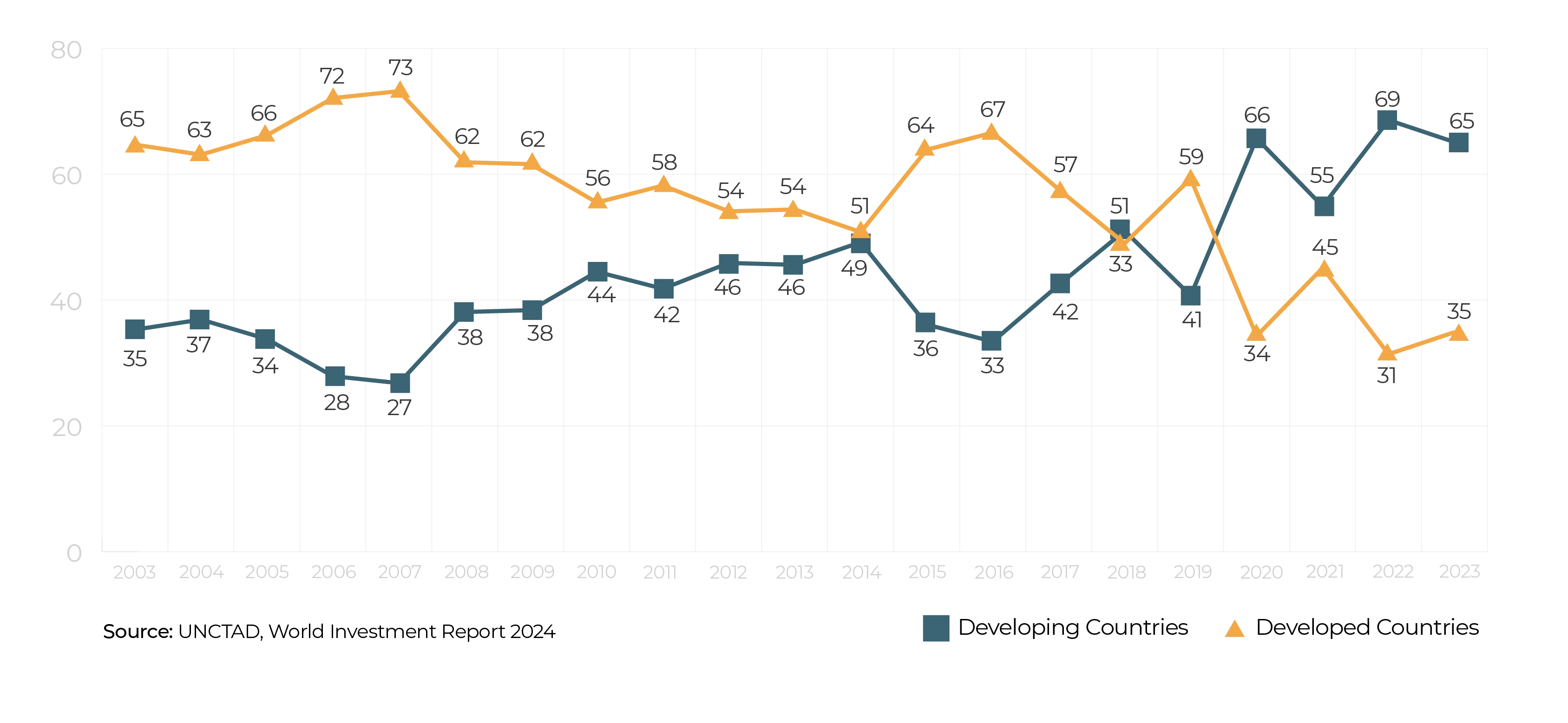
Global FDI Inflows, M&A and Greenfield Investments(Trillion USD)
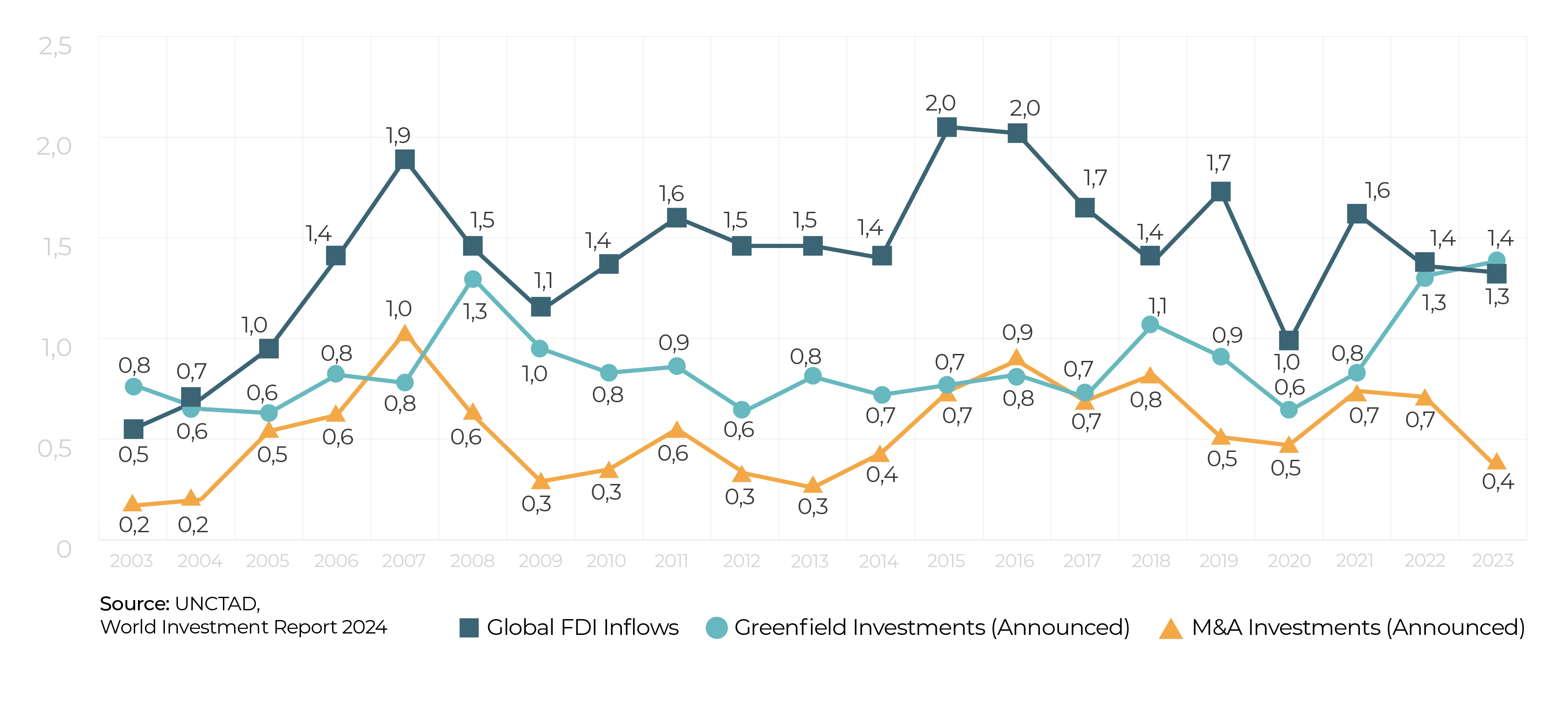
FDI Inflows in the Region
Türkiye’s unique location
Frequently shortlisted country
Regional resilience amid global FDI decline
Doubling inflows from 2015 to 2022
The Region's Share in Global FDI Inflows (%)
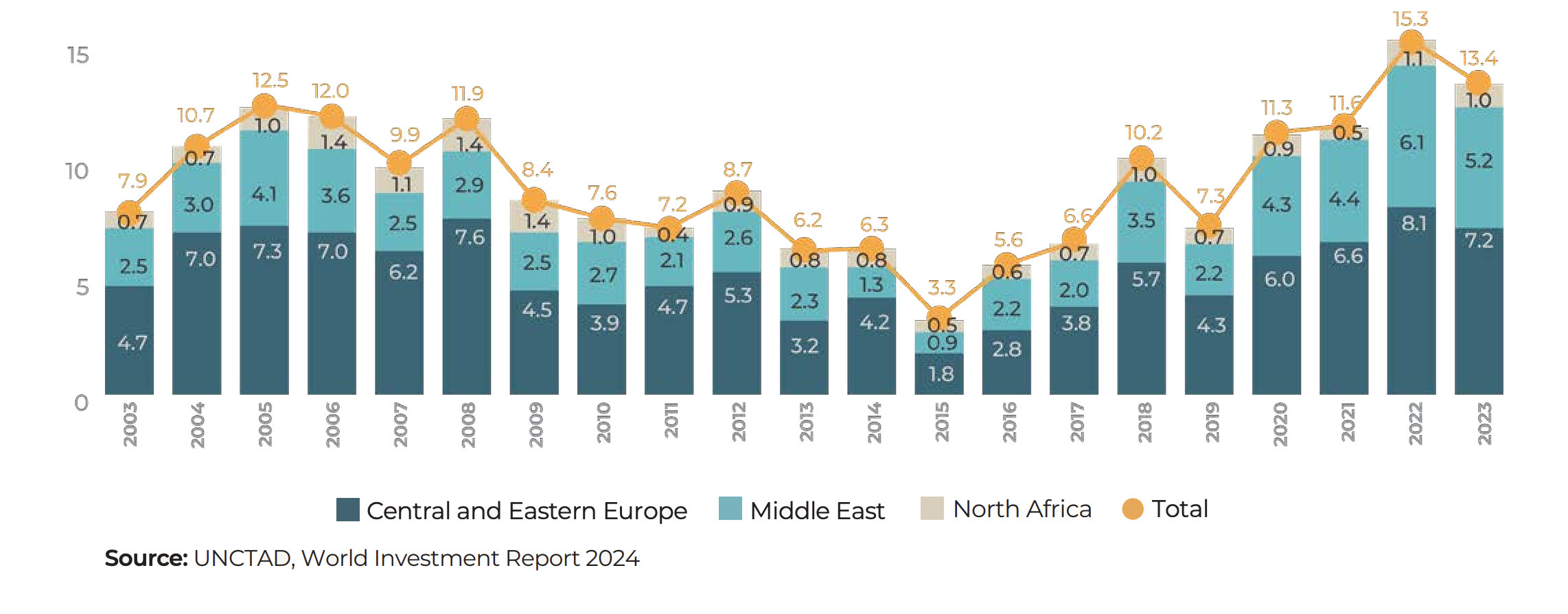

Türkiye stands as one of the most significant FDI destinations in the CEEMENA region.
Türkiye: Leading Investment Destination in Food, Agriculture, and Industrial Sectors in CEEMENA



8 Key Trends in Global FDI
Türkiye's FDI Performance
Over the past 20 years, Türkiye has emerged as an attractive FDI destination thanks to various factors, including continuous and strong reform agenda, economic and political stability, a young and dynamic population, and a strategic location it offers.
New Legal Regulations and Continuous Reform Process
Foreign Direct Investment (FDI) Law
Comprehensive Incentive Schemes
Strong Agenda for Sustainability and Green Transformation
Establishment of the Coordination Council for the Improvement of the Investment Environment (YOIKK)
Establishment of the Investment Office of Türkiye Reforms in Fundamental Laws
Judicial Reforms to Improve the Investment Environment
Strong Engagement with Ease of Doing Business / Business Ready (B-READY) Indices
Key Factors Lying Behind Türkiye’s Outstanding FDI Performance
- Continuous Economic and Political Stability
- Resilience Against Global Shocks
- Young and Dynamic Population
- Highly Skilled Talent Pool
- Robust Infrastructure
- Digital Transformation
- Vibrant R&D Ecosystem
- Geostrategic Location
- Customs Union with European Union (EU)
- A Wide Range of Free Trade Agreements
- Strong Integration into Global Value Chains (GVCs)
- Robust Economic Growth
- Production and Export Hub of the Region
Türkiye's Startup Ecosystem
Türkiye’s Startup Ecosystem Reaches New Heights in Early-Stage Investments
Between 2010 and 2020, Türkiye’s startup ecosystem attracted $74 million annually through 104 transactions on average. From 2021 to 2023, investments soared to $1.33 billion annually, with an average of 338 transactions.
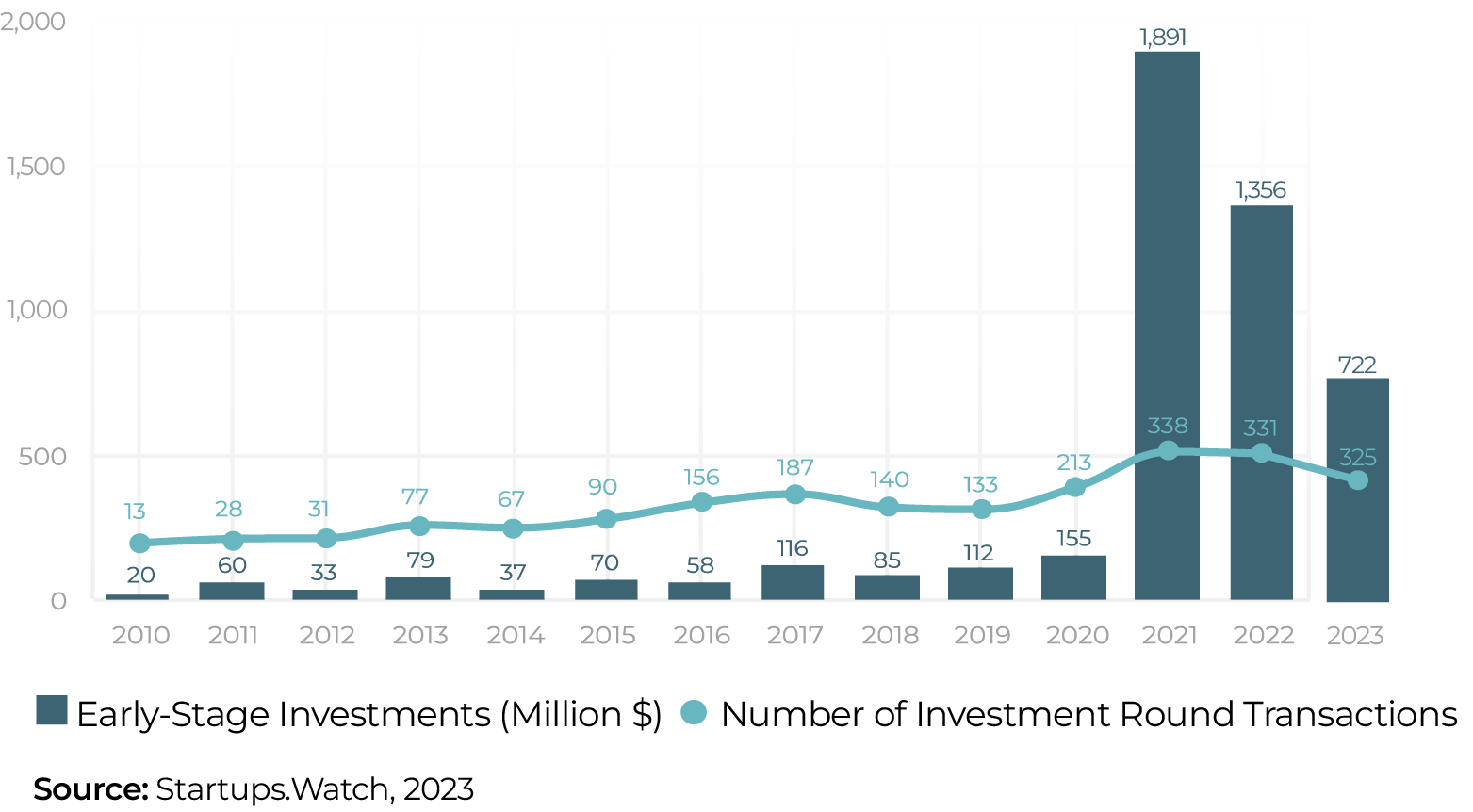
5
The Number of Unicorns
2020-2023
2
The Number of Decacorns
2020-2023
The Contribution of FDI to the Turkish Economy
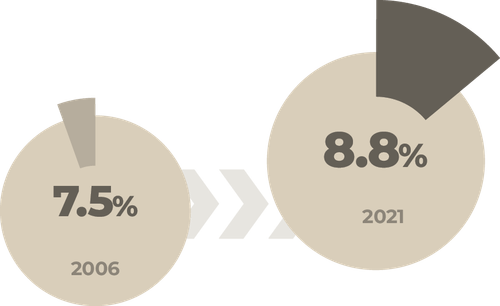
While the registered employment of FDI companies was around 500,000 people in 2006, it reached 1,320,000 in 2021.
The share of these companies in total registered employment in Türkiye increased from 7.6% in 2006 to 8.8% in 2021.
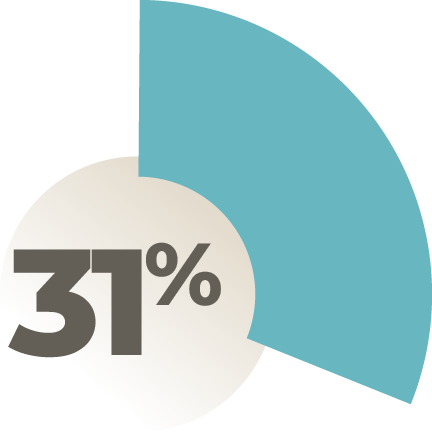
In the 2006-2021 period, approximately 31% of Türkiye’s total exports were made by FDI companies.
2.5 TIMES
INCREASE
While the exports of FDI companies were around 25 billion dollars in 2006, they increased to over 63 billion dollars in 2021.
61% MEDIUM HIGH-TECH & HIGH-TECH EXPORTS
In the 2006-2021 period, 61% of exports made by FDI companies consist of medium-high and high technology products. This rate is above the Turkish average.
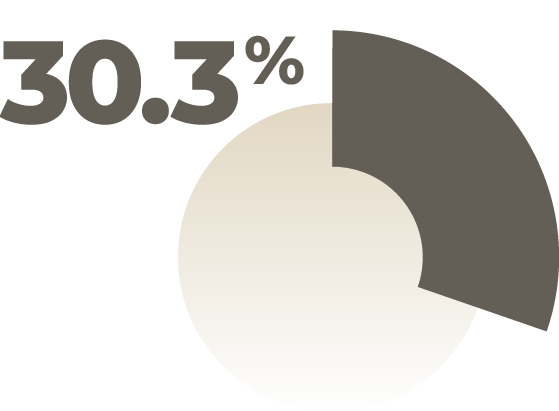
In the 2006-2021 period, 30.3% of the total private sector R&D expenditures in Türkiye were made by FDI companies.
730 TOTAL PATENT APPLICATIONS
FDI companies applied for an average of 730 patents annually.
6 TIMES INCREASE
During the 2006-2021 period, the number of FDI companies conducting R&D in Türkiye increased 6-fold.
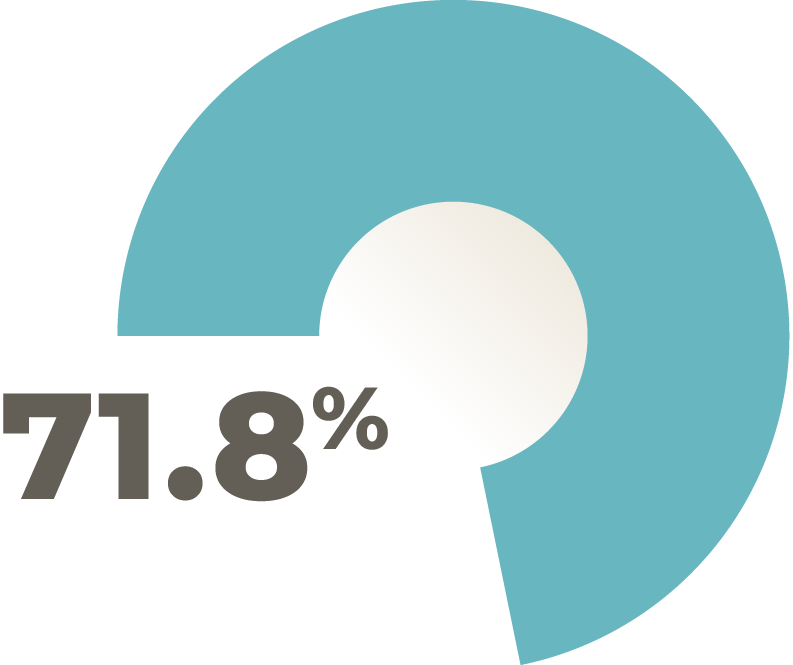
In the 2006-2021 period, FDI companies made 71.8% of their total supplies locally.
10 Key Findings Guiding the Strategy
As a result of detailed analyses of the global and regional outlook of FDI flows and the trends shaping this outlook, there emerged 10 key findings that guide the strategy. These findings made significant contributions to the definition of quality FDI profiles for Türkiye and the design of the policy areas put forward within the scope of the strategy.
Increasing Türkiye's FDI Share of Global FDI to 1.5%
1.5%

Increasing Türkiye’s Regional Share in FDI Inflows to 12%
12%
Achieving the 5-year Project Target for Each Quality FDI Profile

Climate FDI
Global Value Chains (GVCs) Are Being Reshaped


Digital FDI
Global Value Chains (GVCs) Are Being Reshaped


Global Value Chain related FDI
Global Value Chains (GVCs) Are Being Reshaped


High-End Service FDI
Global Value Chains (GVCs) Are Being Reshaped


High-quality Job Generating FDI
Global Value Chains (GVCs) Are Being Reshaped


Knowledge Intensive FDI
Global Value Chains (GVCs) Are Being Reshaped




















